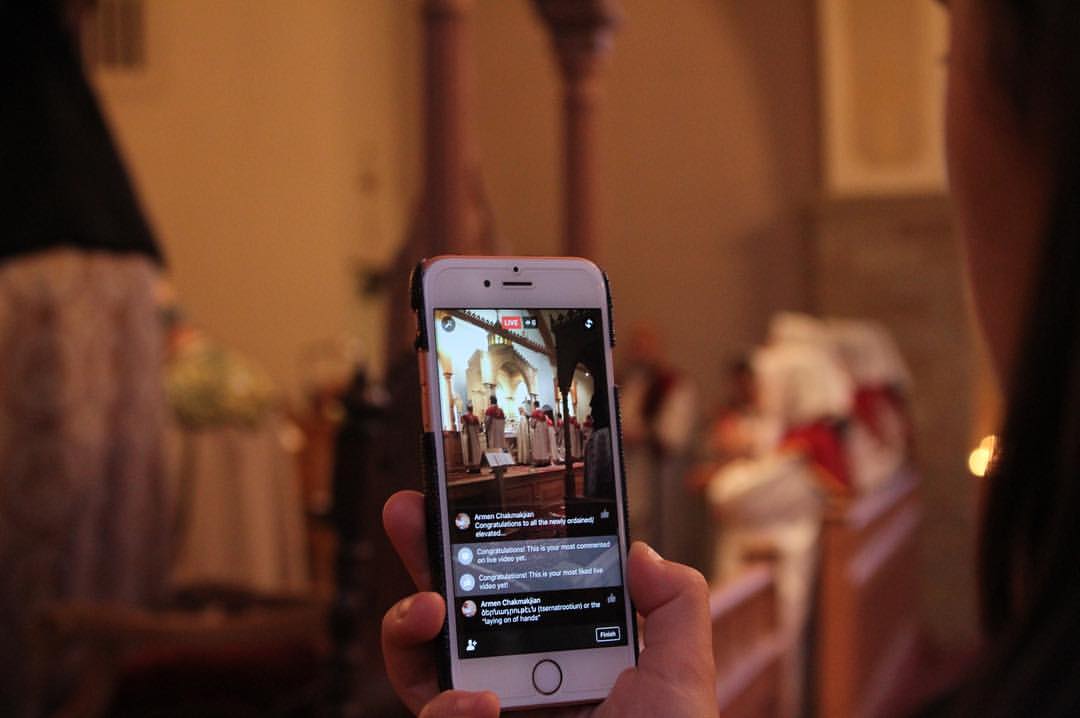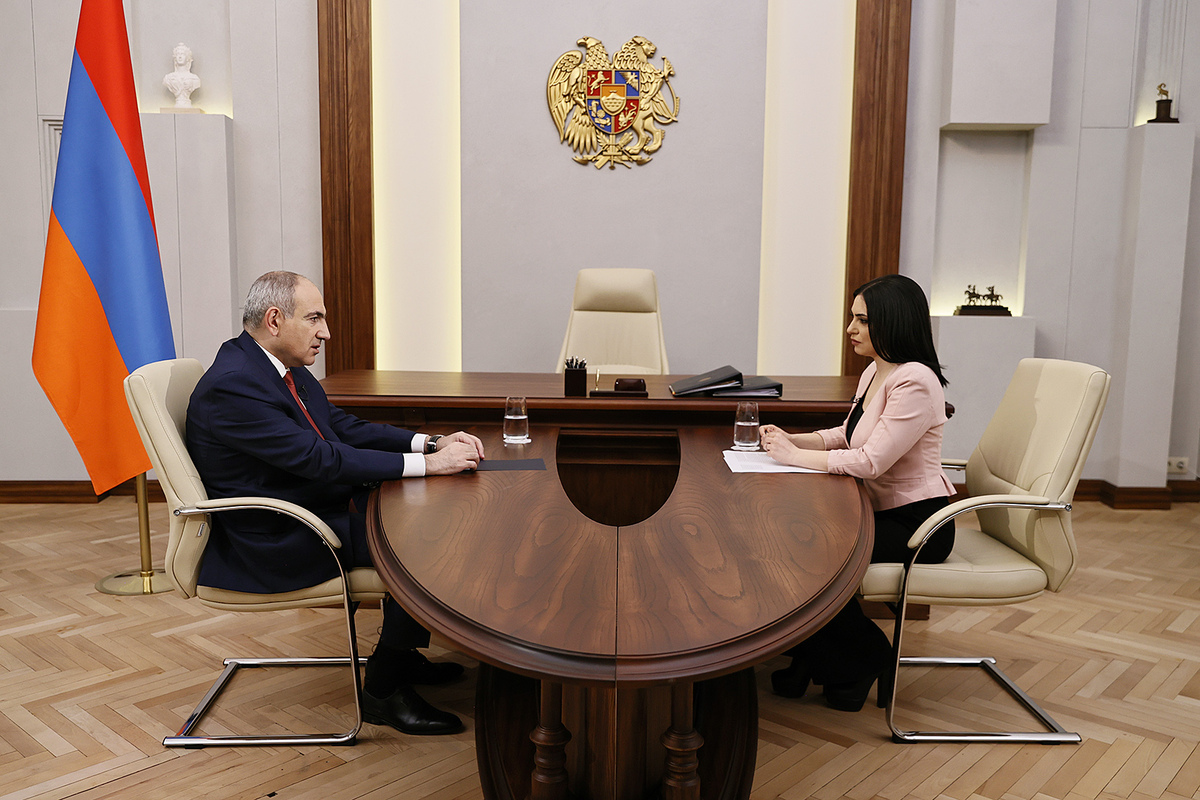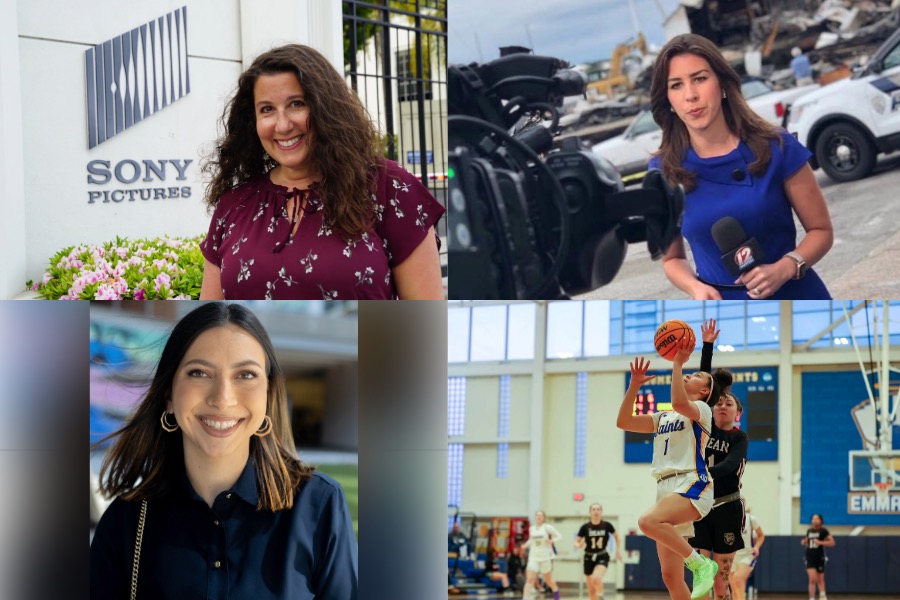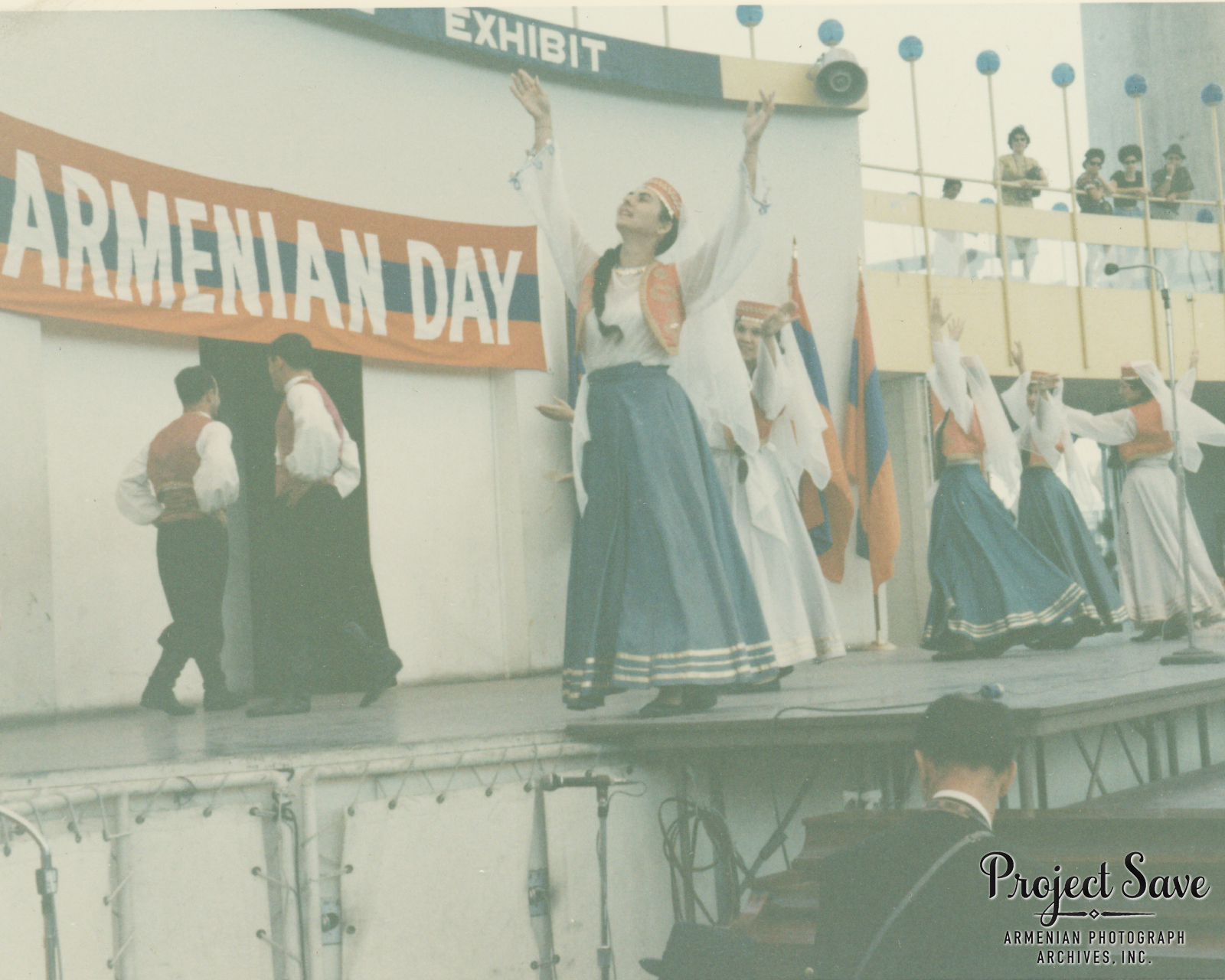
Human development is about relationships. We have our parents, siblings, partners, extended family, friends and professional relationships. They all contribute to our maturation, the paths we choose and the fulfillment we hopefully experience. Some of these relationships enter special categories called role models and mentors. These are people who have supported, advised and guided us through the winding roads we call life. We may be related to them, or they may be our teachers or people that we admire. Many of us tend to use both terms interchangeably, but role modeling is about influencing by setting an example, while mentoring involves a conscious relationship. Mentoring has become a more formal process in organizations as an integral part of professional development, but in its purest form it is about people with experience and capability helping others. In many cases, it can be a change agent in meeting our potential. None of us are islands. We can all benefit from the wisdom of others.
Role modeling and mentoring can manifest through generations, genders and peers. It is a particularly important process for underserved demographics. For example, in a traditionally male dominated ethnic culture such as that of Armenians, the mentoring of young Armenian women by other women and organizations has created new opportunities and remarkably changed the landscape of our communities. Organizations such as the ARS and AIWA have provided that encouragement to women for decades. For a community that relies on generational transfer for sustainability, role modeling and mentoring are critical functions for our communal survival. We have always been blessed in our diaspora experience with strong Armenian women who have provided stability and endurance to our communities. Each of us speaks with admiration of our Armenian mothers and grandmothers. As societal walls that previously limited the impact of that strength are torn down, we enjoy the leadership of Armenian women in many dimensions of our community. This is not only correct and past due but critical to our future. If you have been a beneficiary of mentoring, ask yourself — are you offering your wisdom and experience to others?

Role modeling is a natural process. In many ways, it is about the perceptions that youth receive from us. Our children are always watching and absorbing what they see. Our behavior as adults can have positive and negative consequences. Raising our children to be polite and caring humans is usually the result of a nurturing home environment. Although less publicly discussed, our youth also learn from adults arguing or acting disrespectful toward each other. Let’s apply this to our experiences in the Armenian community. Armenians in the diaspora depend on two major factors for their continuity — the stability of the community organization model and the ability to maintain a generational transfer of participation. Role modeling and mentoring are critical enablers of the latter. Most of the readers of this column are in a position to mentor or at least serve as role models to the younger generations. I would assume that we all have been the beneficiaries of both experiences during our matriculation in the Armenian identity experience. Are we giving as much as we received? Think for a moment about those special memories when you admired your parents, grandparents, a Sunday School teacher or others who inspired you to emulate their behavior. Perhaps someone took an interest in helping you develop your God-given gifts. We often hear from Armenian priests about a bishop, priest or lay leader who took the time to provide guidance and a path forward. How many of these individuals would have chosen their vocation if they had not been encouraged?
My father was a superb role model. He was a patriotic Armenian with a strong work ethic who was dedicated to the Armenian community through his diaconate service and lay leadership. I was fortunate to watch him by his side and work with him in my early adulthood. His credibility knew no bounds, given his love of God and the Armenian people. He became my role model in the importance of service to others. When I was in the early years of high school, I had a Sunday School teacher, Levon Charkoudian, who inspired me in my lifelong passion for Armenian history. I have vivid memories of the maps and illustrations in my school years that opened the door to our rich and remarkable history. These are examples of different types of role modeling and mentoring. While a parent is constant and ever present, Mr. Charkoudian was my teacher for one school year yet had a long-term impact. Often we follow in the footsteps of role models and mentors. His class motivated me to teach Armenian history at seminars, churches and camps. We never know who is listening and who we can inspire. That is one of the beauties of giving to others. Mentoring is a conscious act, but the returns are infinite.

A third personal example has to do with confidence and public speaking. I began my teens as a shy Armenian kid with an inner desire but limited confidence. By the time I was in college, I had found my identity through Hai Tahd and engaged in public speaking at seminars, demonstrations, lectures and camps. A role model had made a difference. When I was young, the great Armenian patriot from Providence, Arthur Giragosian, would come to our community and speak at a variety of community celebrations and anniversaries. To say that I was mesmerized by him would be an understatement. As a 10-year-old, while my friends at church were playing outside, I would sneak back into the church hall to catch a glimpse of this man and absorb his eloquence. Arthur was a self-taught public speaker and community organizer with a great gift. I studied his style closely. He never spoke with notes, maintained direct eye contact with all of the audience and made you feel as if you were the only one in the room. His ability to smoothly transition between Armenian and English made him a favorite of the older and younger generations. He had a passionate style that created followers ready to listen to leaders. He was a friend of my father, and as such, I was fortunate to develop a relationship with him. I will always cherish that time. He encouraged me and always took the time to answer my questions. He probably never knew how much influence he had in building my confidence, which is a critical component in public speaking. Many of us witnessed his dedication and sacrifice. It is not an exaggeration to say that he influenced the grassroots model that we embraced in AYF political activism. I am thankful for God’s grace in allowing my path to intersect with Arthur’s. We all can make a difference. He took the time. Are we?
Many of us speak lovingly of the strength and resilience of our Armenian grandparents. Have we forgotten how to keep that strength alive through our own dedication to family and community? It remains only a memory if the generational transfer stops. They are alive in us if we choose to turn the memories into action.
We should all ask ourselves — are we giving back what we received at various points in our lives? Many of us speak lovingly of the strength and resilience of our Armenian grandparents. Have we forgotten how to keep that strength alive through our own dedication to family and community? It remains only a memory if the generational transfer stops. They are alive in us if we choose to turn the memories into action. Our family members who preceded us took the time to encourage and support us. They instilled a sense of confidence and pride that catapulted many of us in our lives as successful American Armenians. They may not have included terms such as “role model” or “mentor” in their vocabulary, but their impact was nothing short of remarkable. Can we look in the mirror and say we have continued that tradition?
As we age, it is natural to have concerns about the continuity of what we have established or built. Our work in the Armenian community, whether it is cultural, philanthropic, academic, political or educational, is meaningless unless we are successful in the generational transition. Unfortunately, we have a tendency to think about those things when aging, fatigue or attrition necessitates change. There is wisdom in recognizing that the process starts much earlier, when role modeling can gain the attention of a young student or mentorship programs can help others navigate the stormy waters of maturing. It has often been said that we learn much more from failure than from success. Who will be there to gently protect the next generation from the impact of mistakes? Without the opportunity to err, there is little hope for optimizing one’s potential.
Our job is not complete after our run as community insiders. Unless we share our influence, credibility and wisdom with others to help chart the next chapter, then we have accomplished very little. Anyone who has benefited from mentorship and contributed to the sustainability of our communities has a responsibility to support others. In every community in the diaspora, there are bright eyes watching and waiting. Encourage them to express themselves verbally and through writing. Provide support for our young artists and academics. I believe that each young person has been given some special gift by our Lord. Life is a journey for discovering, nurturing and sharing that gift with others. We all have a role in that discovery.









the thing about mentors is that they don’t realize they serve as role models … they just make a lifelong impression that is realized years later